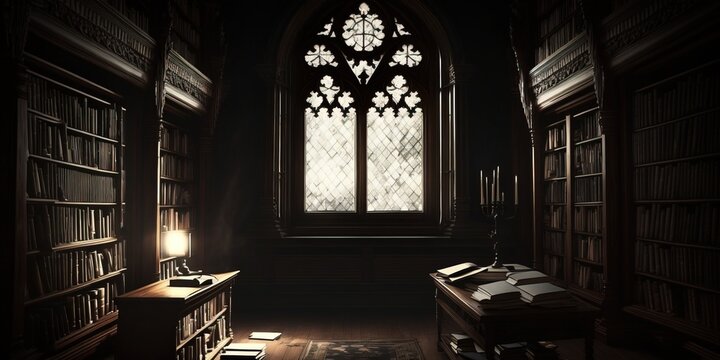
FAQ About Gothic Literature
Gothic Literature
2 years ago | gizem
What is the role of isolation in Gothic Literature?
Isolation plays a significant and recurring role in Gothic Literature, contributing to the genre's atmosphere, themes, and character development. Here are some key aspects of the role of isolation in Gothic Literature:
- Creation of Atmospheric Tension: Isolation is a powerful tool for creating tension and a sense of foreboding in Gothic stories. Characters often find themselves in remote, desolate, or confined settings, cut off from the safety and comfort of civilization. This isolation amplifies their vulnerability and the eerie atmosphere of the narrative.
- Heightened Emotions: Isolation can intensify the emotions of characters. When removed from the presence of others, characters may experience heightened fear, loneliness, paranoia, and despair. These emotional states contribute to the Gothic themes of psychological turmoil and inner conflict.
- Conflict with the Unknown: Isolation frequently places characters in conflict with the unknown and the mysterious. Whether it's a remote castle, a haunted mansion, or an isolated wilderness, the isolation heightens the characters' encounters with supernatural forces or unexplained phenomena.
- Exploration of the Self: Isolation often leads characters to introspection and self-examination. They may confront their own fears, desires, and moral dilemmas, making isolation a catalyst for character development and self-discovery.
- Symbolism: Isolated settings can have symbolic significance in Gothic literature. A remote castle or mansion might symbolize the isolation and decay of a family or society, reflecting broader themes of moral and societal decline.
- Themes of Madness: Isolation is frequently associated with themes of madness in Gothic literature. Characters cut off from social interaction may succumb to loneliness, fear, or supernatural influences, leading to a descent into madness.
- Echoes of the Past: Isolated settings often have a sense of timelessness, making them conducive to encounters with ghosts, ancestral curses, or lingering memories from the past. The isolation can blur the boundaries between past and present.
- Isolated Characters: Protagonists in Gothic literature are often isolated in their uniqueness or moral integrity. They may be outsiders or nonconformists who are estranged from society. Their isolation can lead to a sense of alienation and conflict with the world around them.
- Conflict with the Natural World: In some Gothic stories, characters are isolated in harsh natural landscapes, such as deserts, forests, or remote islands. This isolation places them in direct conflict with the forces of nature, adding an element of survival to the narrative.
- Imprisonment and Confinement: Isolation can also take the form of physical imprisonment or confinement, such as characters being locked in dungeons, asylums, or hidden chambers. These settings contribute to a sense of entrapment and claustrophobia.
